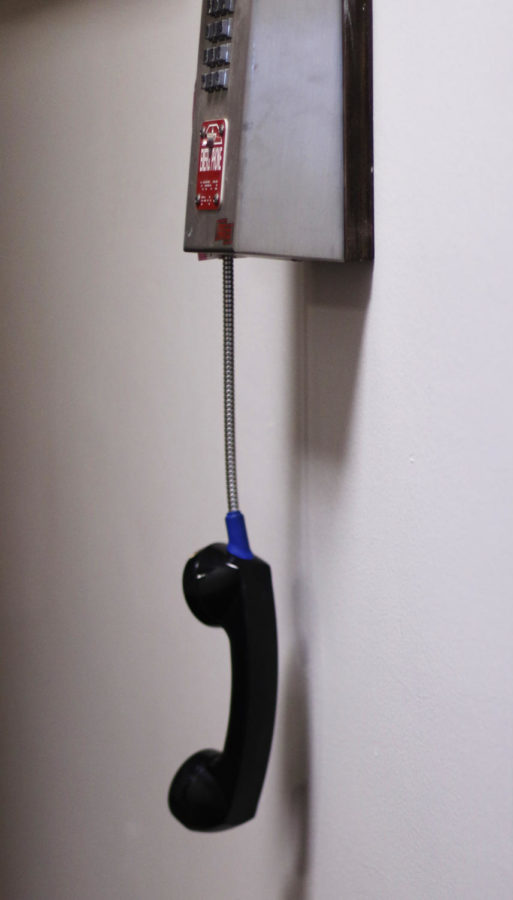Phone scams target Ames
Hayley Hochstetler/Iowa State Daily
Citizens of Ames have recently fallen victim to phone scams that more than 30 million Americans fall victim to every year, according to the Federal Census Bureau.
October 23, 2013
On average more than 30 million people fall victim to increasingly sophisticated scams every year, according to the Federal Census Bureau. Citizens of Ames have recently experienced these scams.
The technical term for such crime is consumer fraud, which according to the FBI is “deceptive practices that result in financial or other losses for consumers in the course of seemingly legitimate business transactions.”
One specific method of consumer fraud is the common over-the-phone scam. According to the Federal Trade Commission, there are tell-tale signs that someone is being scammed.
An individual receives a phone call telling them they have won some sort of contest and are entitled to a cash prize, or that they have missed a payment on a loan. This person as an individual or representing a business is then urged to provide their credit card or banking information in order to rectify the situation.
“Don’t ever give your information out over the phone unless you are 100 percent certain of whom you are talking to,” said Commander Geoff Huff of the Ames Police Department.
Huff said one scam that has been hitting Ames hard in the past few weeks is one claiming to be representing Microsoft Corp. The company has been reported three times in the last week, a number which would not have been reached in a month in previous years.
Domestic citizens are not always the targets, and callers do sometimes find success.
In the past weeks, two Ames businesses have received calls from an individual or individuals claiming to represent Ames Municipal Utilities. In both cases, the receiver of the call was told that their establishment was behind on their utility bills and then payment was demanded over the phone.
“These businesses were not delinquent, and even if they were, the city of Ames does not demand payment over the telephone,” said Mike Wheelock, Utility Accounts Supervisor.
The authorities recognize that there are more successful scams committed regularly than they are aware of.
Information such as banking codes or social security numbers are rarely requested over the phone, especially if you yourself did not make the call. The Ames Police Department urges people to be smart about providing information to anyone by phone or online.
“We know there is quite a bit that goes unreported for embarrassment or it being a small amount of money stolen,” Huff said. “I think the amount of fraud committed increases every year as the technology has.”







